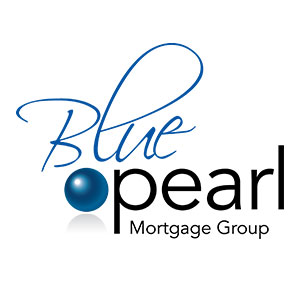It's always a good idea to pay down your debt when you have extra cash on hand. However, as you get started, you will probably be faced with several types of debt you can work on, and it's hard to know which is best.

Your credit card has a maximum amount you can borrow and your monthly payments are based on how much you currently owe. Your mortgage, on the other hand, has the same payment amount each month and a fixed target payoff date; you don't add to the loan balance. The better type of debt to pay first depends on your situation.
Choose the Most Financially Advantageous Path
On a purely financial level, it is best to focus your extra payments on paying off the debt with the highest interest rate. In most cases, this will be your credit card debt. Mortgage interest rates are typically lower than all other types of debt, and if yours isn't, then you may want to consider refinancing. By paying off your high-interest revolving debt first, you'll reduce the amount of money you're wasting on interest.
Look to the Future
Your priorities may shift if you have specific goals you want to reach in the future. For example, you may be planning to retire in three years but have six years left on your mortgage repayment schedule. In this scenario, it may make more sense to calculate the extra payments needed to pay off your mortgage by your retirement date so you have lower expenses in retirement. You can put any money above that toward payments on your credit card debt which usually has a lower minimum payment that is easier to handle during retirement if needed.
Boost Your Credit Score
When you are looking to increase your credit score, you should definitely focus on paying down credit card debt first. Making extra payments on your mortgage has a very small effect on your credit score whereas reducing the balances you carry on credit cards can significantly increase your score. The difference is because unsecured credit card accounts are viewed as riskier than mortgages, so carrying high balances on these high-risk accounts suggests that you are in financial trouble. If possible, pay down each credit card's balance to less than 30% of the card's credit limit.
What to do if You Can't Afford All Your Debt Payments
If you're in financial trouble and can't afford both your mortgage payment and the minimum payment on your credit card, it may be a good idea to think about debt consolidation. Follow up with a financial services provider to see what they can do to help.
Making Your Decision: Credit Cards vs. Mortgage Payments
In most cases, you will find that making extra payments on your credit card debt is better than making extra payments on your mortgage. This is because credit cards have a higher interest rate and carrying a high balance has a more significant negative impact on your credit score. However, you may want to focus on your mortgage if you're planning to retire soon. Your decision will depend on your individual needs.
Decided on what to pay off? Learn how you can easily go debt-free fast by consulting us today!



